
According to recent research from Ecuador, journalism in Latin America is a profession with invisible psychosocial risk factors, a situation that was aggravated by the COVID-19 pandemic. The main researcher and four journalists explain how to face this reality in daily work.

With interactive games, independent media outlets Cuestión Pública and Convoca, from Colombia and Peru, respectively, seek to bring the news to younger audiences, to contribute to greater media literacy and to present complex investigations in a playful way.
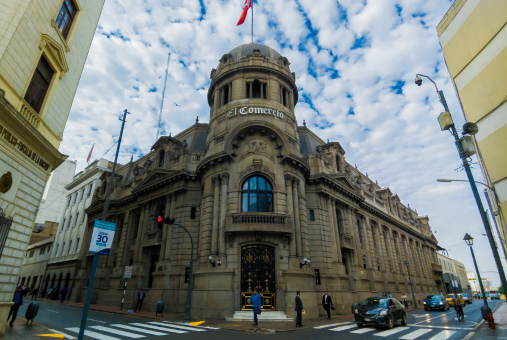
After 10 years of legal proceedings, a Peruvian judge of the first instance annulled the purchase of Grupo Epensa by Grupo El Comercio, claiming that this transaction creates a monopoly that threatens freedom of expression. The decision has been seen as historic, but still faces appeals in higher courts.
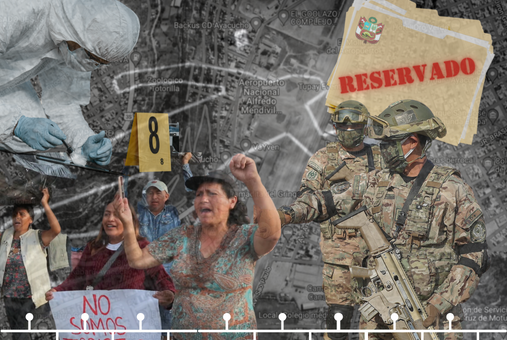
With a video investigation based on open-source forensic reconstruction, two journalists from Peruvian news outlet IDL-Reporteros challenged the government’s lack of transparency and uncovered the truth about a violent repression incident in the city of Ayacucho that left 10 dead. The work was awarded the 2023 Gabo Prize in the Image category.
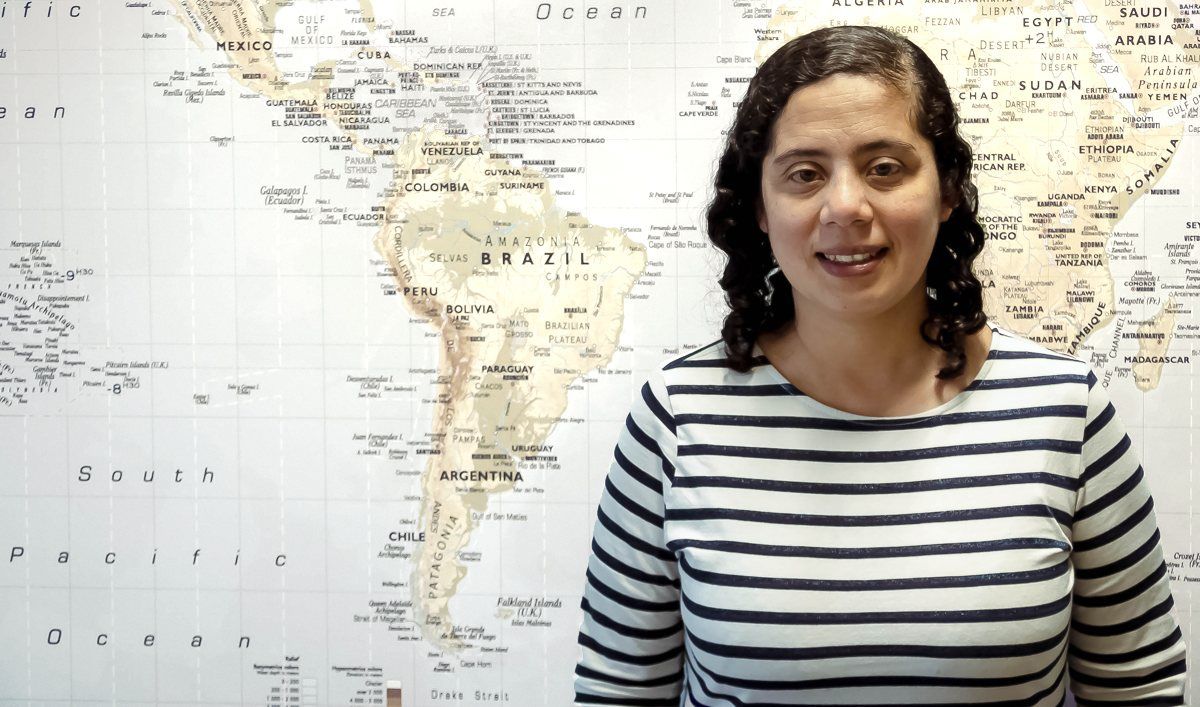
The president of the National Association of Journalists of Peru, Zuliana Lainez, talked about the current situation of independent journalism in Latin America, the persistent judicial harassment against the press, and the current crisis of confidence in the media in Peru.

Investigatour Amazonía, an initiative created by Convoca in Peru and replicated by Fundamedios in Ecuador, aims to encourage the training of journalists from Amazon regions. The focus is on data journalism, digital narratives and security so that journalists can develop in-depth stories on environmental conflicts and organized crime suffered by their communities.
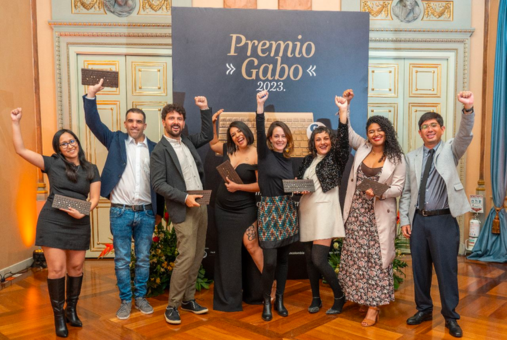
Feature stories by El Espectador (Colombia), IDL-Reporteros (Peru) and Réporter Brasil (Brazil) won the Gabo 2023 Award in Text, Image, and Coverage categories, respectively. The awards gala also honored journalist Jennifer Ávila (Honduras) and denounced injustices against Guatemalan journalist José Rubén Zamora, who has been imprisoned for almost a year.
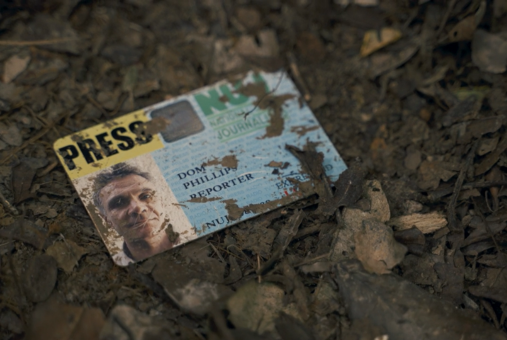
The Bruno and Dom Project, led by the French organization Forbidden Stories, brought together more than 50 journalists from 16 news outlets to continue the work of British journalist Dom Phillips, who was with Brazilian Indigenous affairs expert Bruno Pereira when the two were murdered in June 2022. LJR spoke with some of the journalists involved in this collaborative effort.
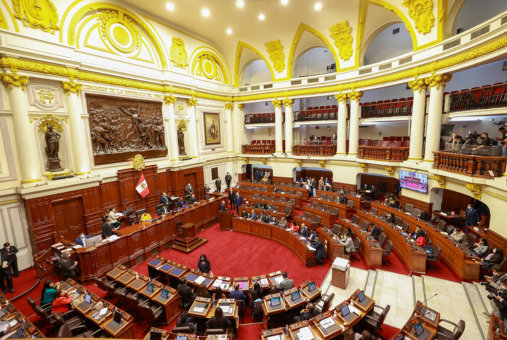
Peru's parliamentarians launched various attacks to restrict press freedom, and journalist associations are resisting as best they can. A controversial bill may fail in Congress, but other threatening initiatives remain under discussion, reflecting deteriorating democratic conditions in the country.
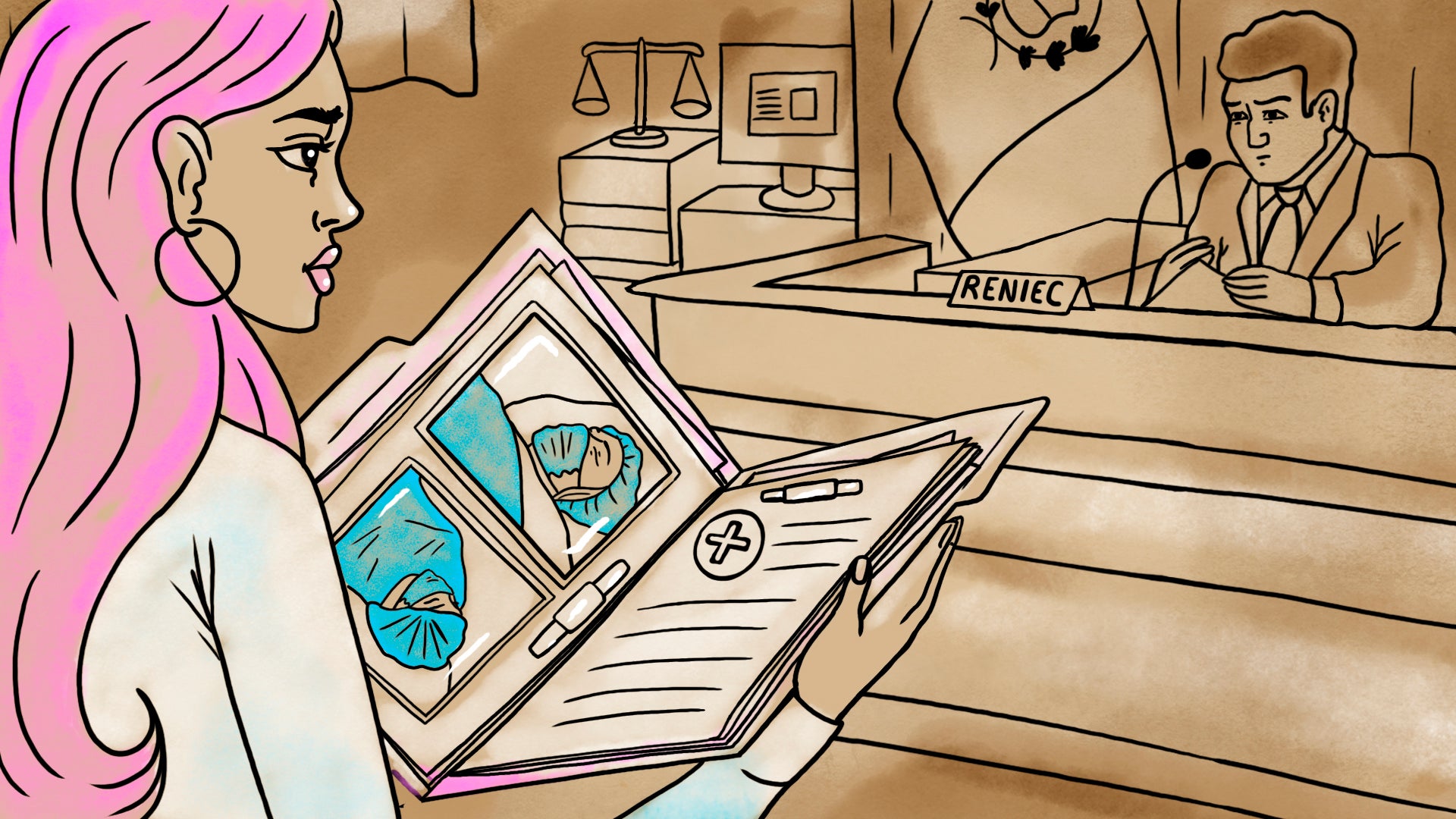
Two journalists analyzed in depth the discourse of rulings for change of name and gender of trans people in Peru. They told LJR about the challenges of analyzing 208 sentences through data journalism, while taking care of their own mental health in the process.
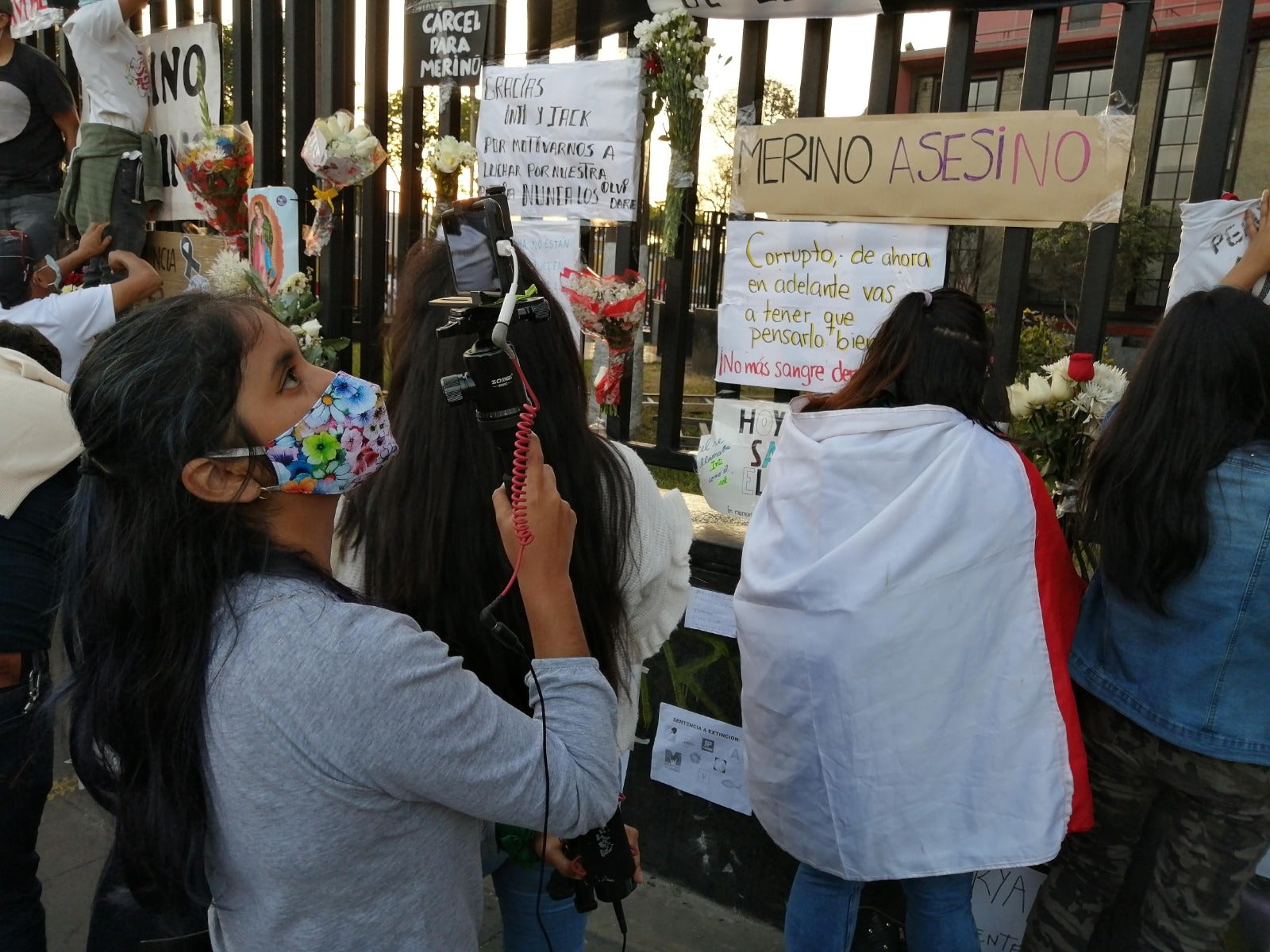
Journalists Catalina Ruiz-Navarro, from Colombia, and Graciela Tiburcio Loayza, from Peru, share personal testimonies about judicial harassment they have been subjected to for years for practicing their profession. These are the consequences of making public allegations of abuse and sexual harassment against powerful men.
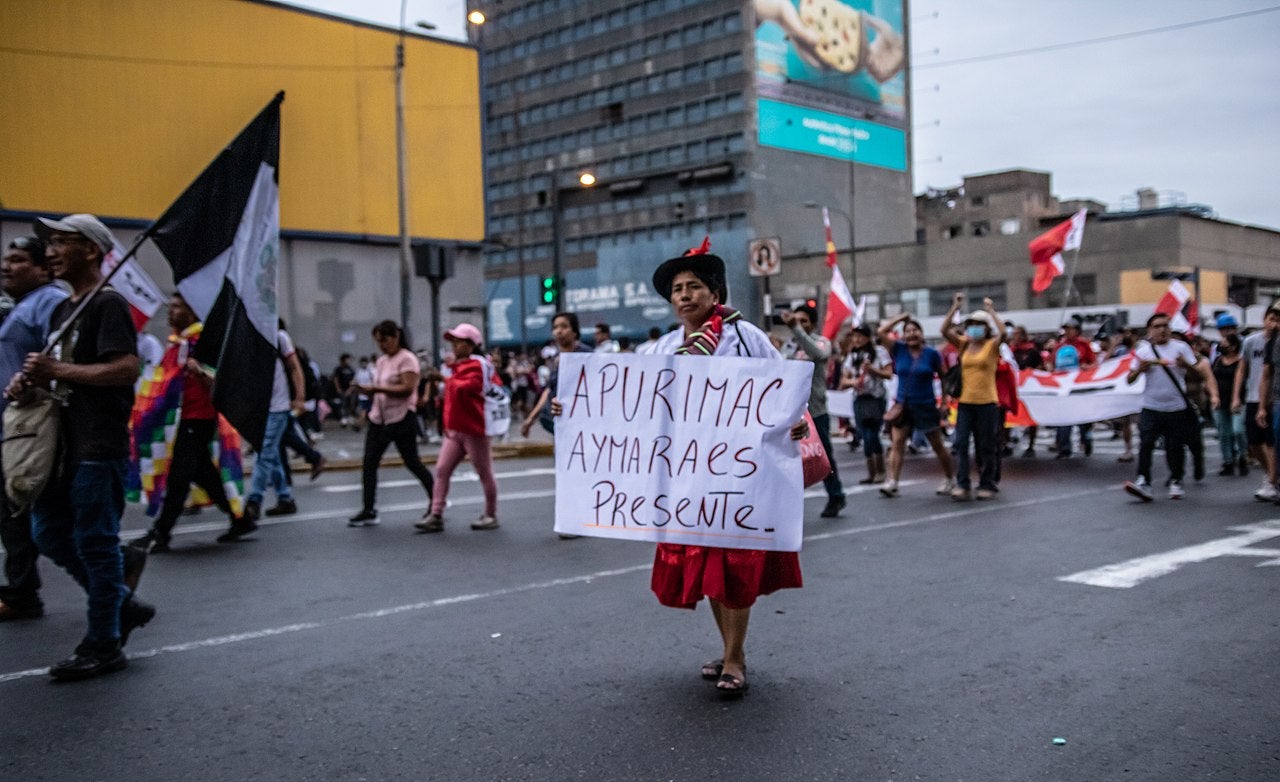
Quechua journalists and scholars denounced the Peruvian mainstream media’s coverage of recent political protests, alleging a lack of representation for Indigenous voices in the news. Quechua doctoral students at the University of Texas hosted a webinar on Feb. 20 featuring Indigenous journalists and scholars from various regions of the country.